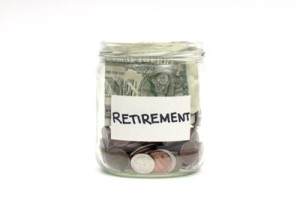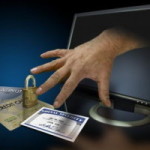Dear Liz: Regarding the reader whose tax payment never made it to the IRS: I agree that electronic payments are the best and safest, but you might want to emphasize that the payments should be done directly through the IRS website.
I made the mistake of scheduling a couple of payments through my online banking, and a month later I received a notification from the IRS that I was in arrears, although the bank statement indicated that the payment has been debited.
It took several months of correspondence before the IRS acknowledged that the money was received. Luckily, the penalties and interest were only about $20, so I didn’t have to go through the additional hassle and filling out forms to reclaim it. The IRS website is very easy to use, and I haven’t experienced any problems since.
Answer: The IRS’ Electronic Tax Payment System, which was designed primarily for businesses, has been around for nearly two decades, but the agency only recently added a “Direct Pay” option expressly for individuals to make estimated tax payments and pay bills.
These methods and others, including electronic funds withdrawal when you e-file your return, are explained at http://www.irs.gov/payments.







